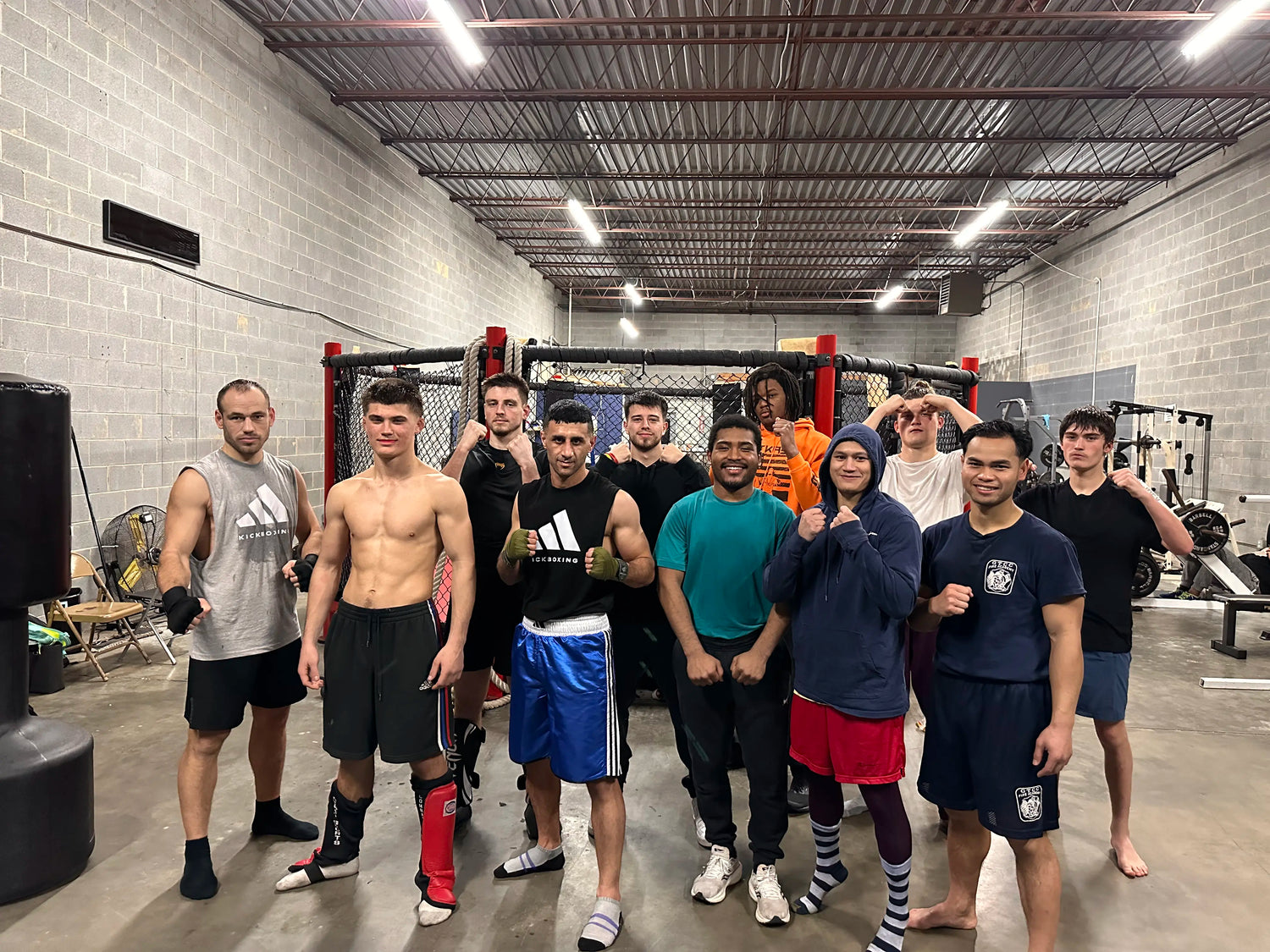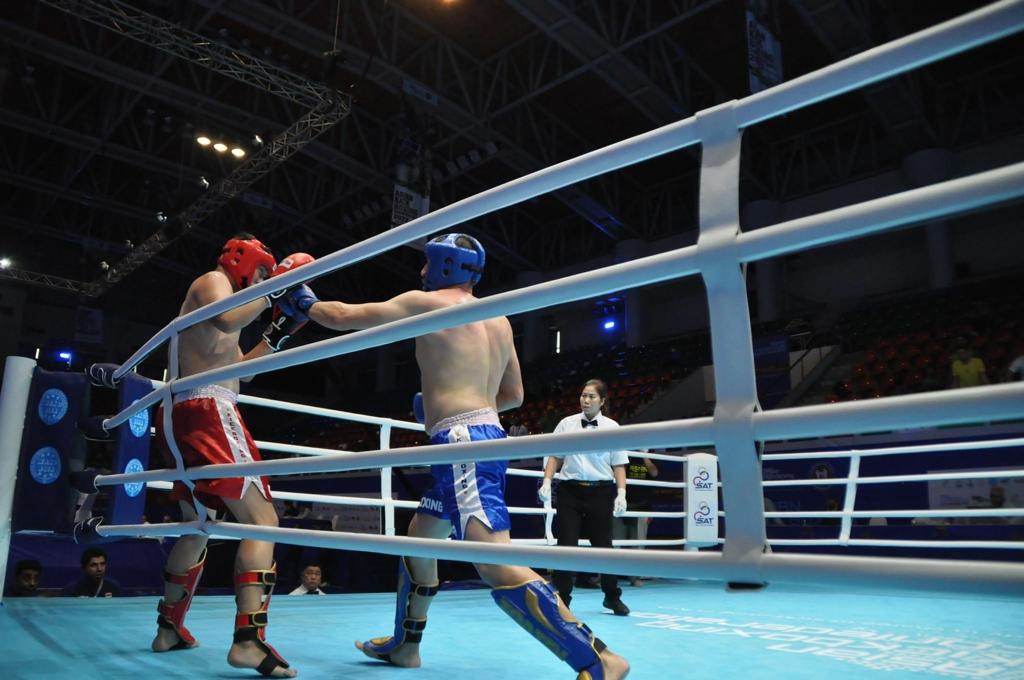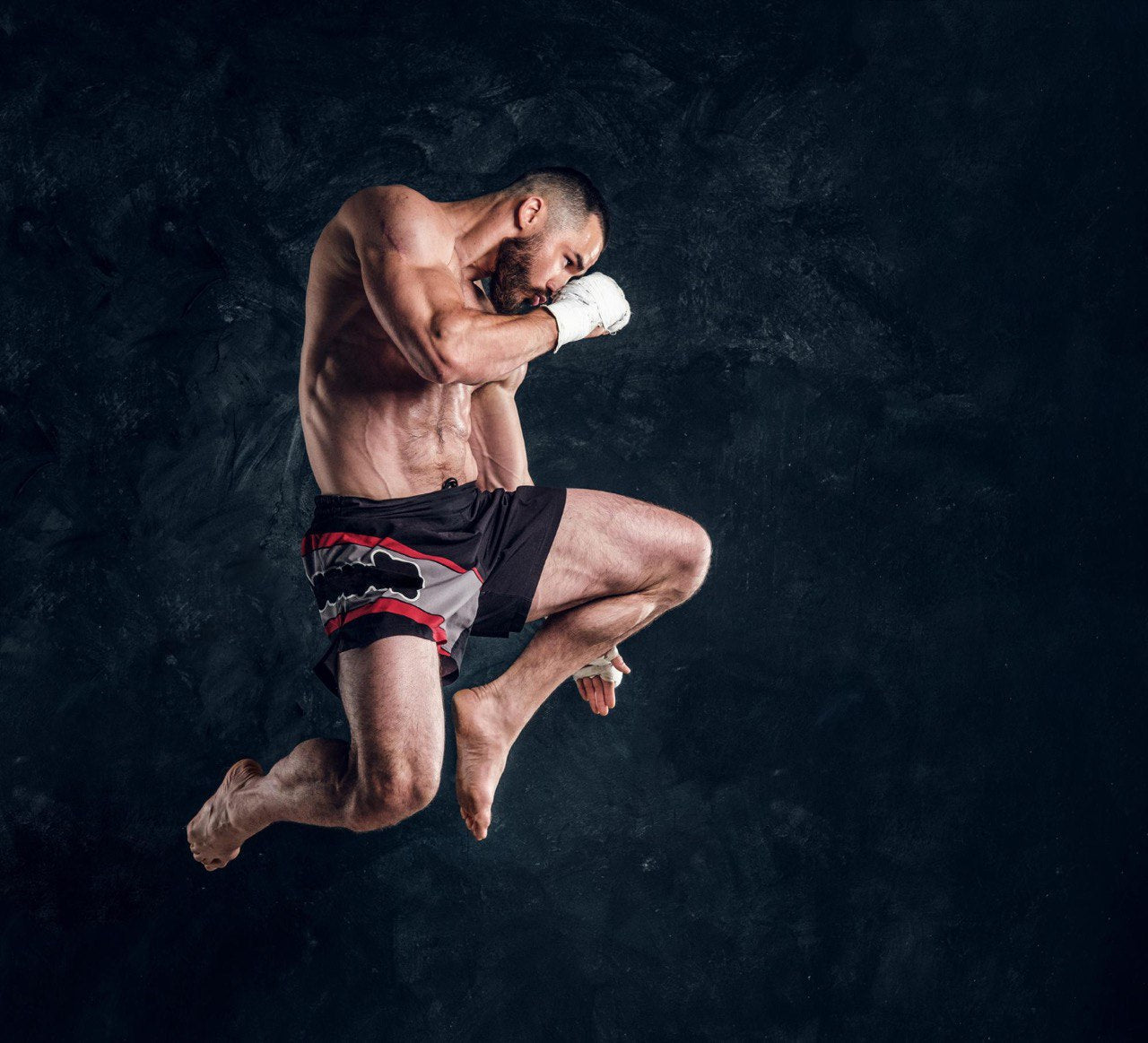Hey there, fight enthusiasts!
You know how crucial a strong shin is if you're into combat sports like Muay Thai, Kickboxing, or Mixed Martial Arts (MMA). Whether delivering a powerful kick or blocking an incoming strike, your shins are front and center. But the million-dollar question is, can we strengthen our shin bones through training? Let's dive into the science behind it!
The Magic of Bone Remodeling
Our bodies are pretty amazing, right? They can adapt to all sorts of things, including the stress we put on our bones. This is all thanks to a process called bone remodeling. It's like a renovation project for your bones - out with the old bone, in with the new. This happens in response to the mechanical stresses we put on them, a concept known as Wolff's law.
So, what does this mean for combat sports? Well, when you consistently train with high-impact exercises like kicking drills, you're putting stress on your shin bones. This can stimulate bone remodeling, increasing bone density and thickness over time. In other words, your shin bones can get stronger! But remember, this isn't an overnight process. It takes time and consistent, controlled training.
Resistance Training and Bone Density
But high-impact exercises aren't the only way to boost your bone health. Resistance or weight training can also play a significant role. When you lift weights, you're not just building muscle but also putting stress on your bones. This can stimulate bone remodeling, just like high-impact exercises.
Research backs this up. A study in the Journal of Strength and Conditioning Research found that resistance training increased adult bone mineral density. So, incorporating weight training into your routine could be another way to strengthen your shin bones and improve your performance in combat sports.
What Does the Research Say?
There are a bunch of scientific studies out there that have looked into the effects of high-impact sports and resistance training on bone health. One study in the Journal of Bone and Mineral Research found that athletes in high-impact sports had higher bone mineral density than non-athletes. Another study in the British Journal of Sports Medicine found that combat sports athletes had stronger bones compared to people who didn't participate in these sports.
But hold on a second. While these studies suggest a link between high-impact sports, resistance training, and bone strength, they don't prove that one causes the other. We need more research to fully understand how and why shin bone strengthening happens in combat sports.
Training the Right Way
While the idea of having super-strong shin bones is exciting, it's super important to train safely. Going too hard, too fast can lead to stress fractures or other nasty injuries. So, make sure you're gradually increasing the intensity and frequency of your shin conditioning exercises and weight training, ideally with the help of a qualified coach. And don't forget about nutrition! Getting enough calcium and vitamin D is key for healthy bones.
Wrapping Up
So, can you strengthen your shin bones for combat sports? The science seems to say yes! Consistent, high-impact training and resistance training can stimulate bone remodeling, leading to stronger shins over time. But remember, we need more research to figure out the best training methods. And as always, safety first! Make sure you're training smart and eating right to keep your bones healthy.
Stay tuned for more science-backed insights into combat sports training!
References:
1. "High-Impact Sports and Bone Mineral Density" - Journal of Bone and Mineral Research
2. "Bone Strength in Athletes" - British Journal of Sports Medicine
3. Image by <a href="https://www.freepik.com/free-photo/medium-shot-fit-woman-training-with-gloves_19537950.htm#query=kickboxing&position=28&from_view=search&track=sph">Freepik</a>
Note: This blog post is meant to be informative and fun, but it's not professional medical advice. Always talk to a healthcare professional if you have health concerns.





